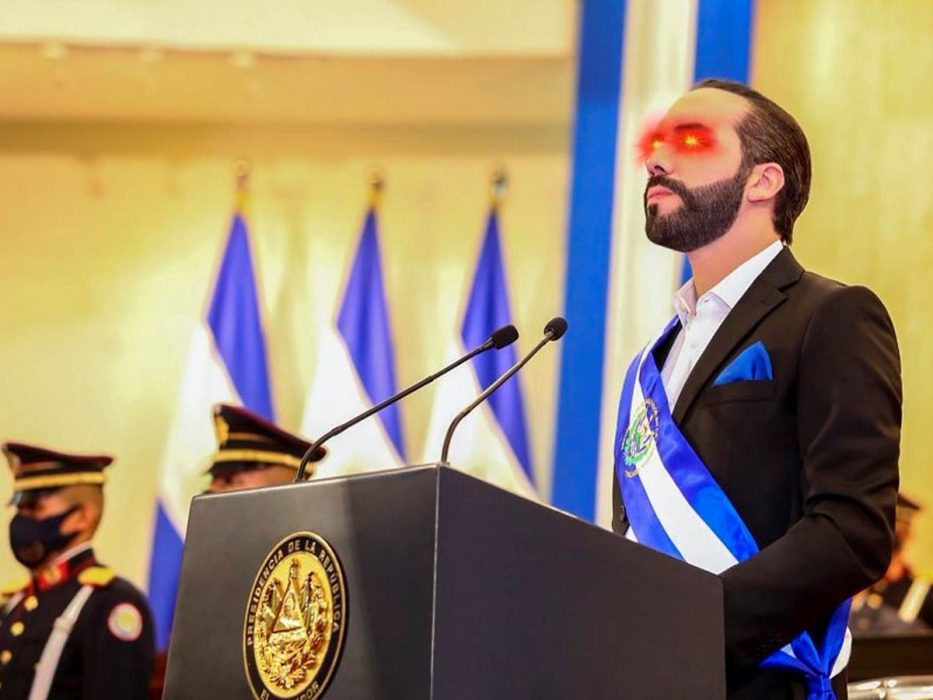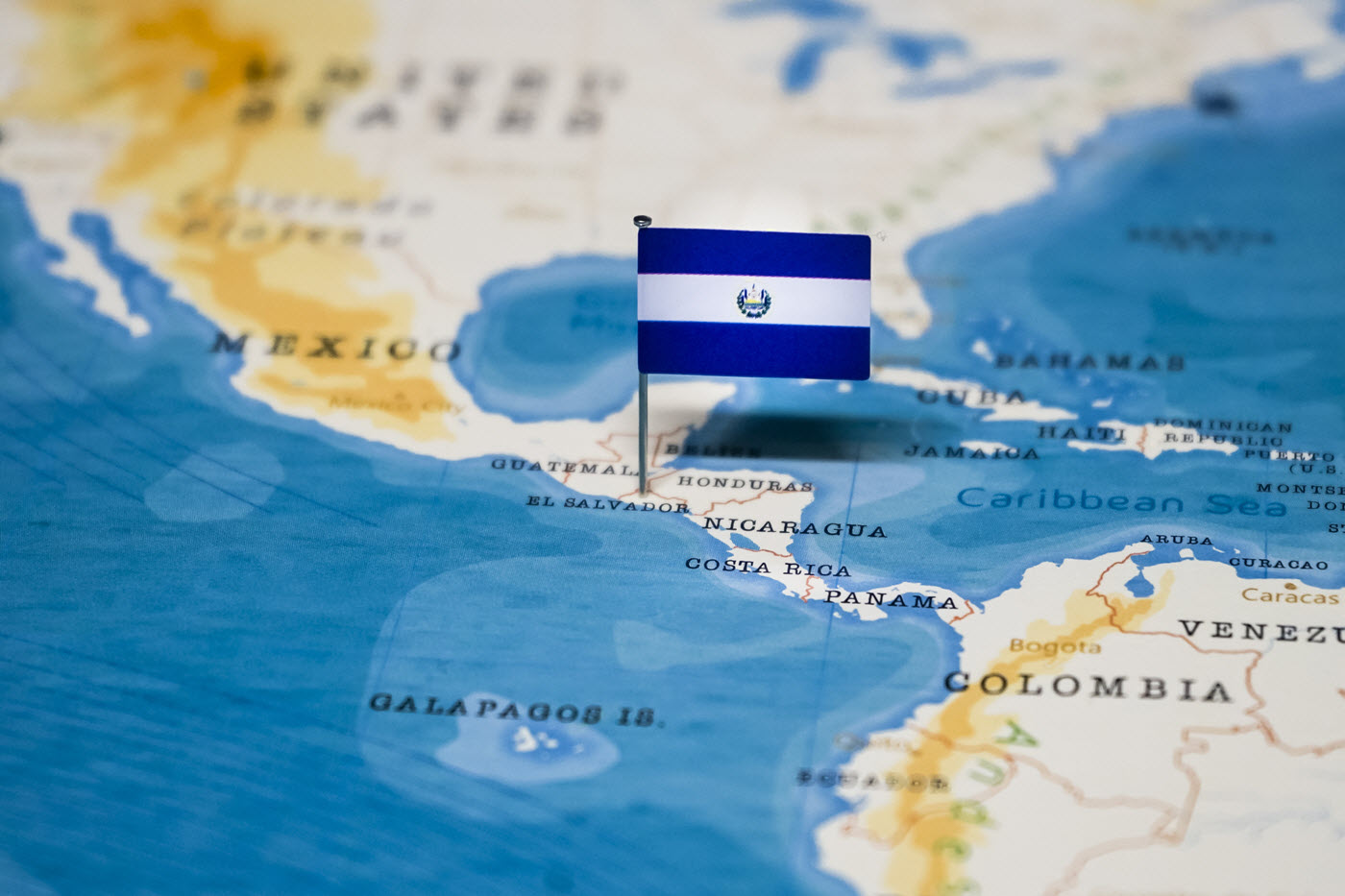Bitcoiners have long speculated as to which country would be first. Few would have suspected that it would be El Salvador, a small Central American country with a population of 6.4 million and GDP roughly equivalent to Polkadot’s market cap of approximately US$25 billion.
The news came on Saturday at the Bitcoin 2021 conference as Nayib Bukele, President of El Salvador, announced via prerecorded video that he would be submitting a bill to Congress that would effectively treat Bitcoin as legal tender. Bukele also showed support of Bitcoin by updating his Twitter profile image with laser eyes.

Although not officially law as of yet, given that Bukele enjoys a supermajority in Congress, it is expected that the bill should pass with little difficulty. Bukele cited financial inclusion to the bankless and job creation as part of the bill’s motivation. With the US dollar as his nation’s currency, he went further in saying:
Central banks are increasingly taking actions that may cause harm to the economic stability of El Salvador. In order to mitigate the negative impact from central banks, it becomes necessary to authorise the circulation of a digital currency with a supply that cannot be controlled by any central bank and is only altered in accord with objective and calculable criteria.
El Salvador to Use Bitcoin Lightning Payments
Jack Mallers, CEO of Zap and Strike, a payments app built on Bitcoin’s Lightning Network, noted that he would be working with the president to implement a plan to help provide relief to the 70 percent of the population who don’t have access to banks. Going further into Bitcoin’s benefits within the context of international remittances, Mallers noted:
Over 6 billion dollars a year are transmitted in remittances and a big chunk of those money transfers are currently lost to intermediaries. We want to make cross-border payments free and solve the remittance problem for places that need it the most.

If passed, the bill would result in El Salvador becoming the first country to adopt Bitcoin as legal tender and the first government to hold it as a reserve asset.
The inflation rate in Argentina rose to 42.6% recently; could we see it follow suit?

